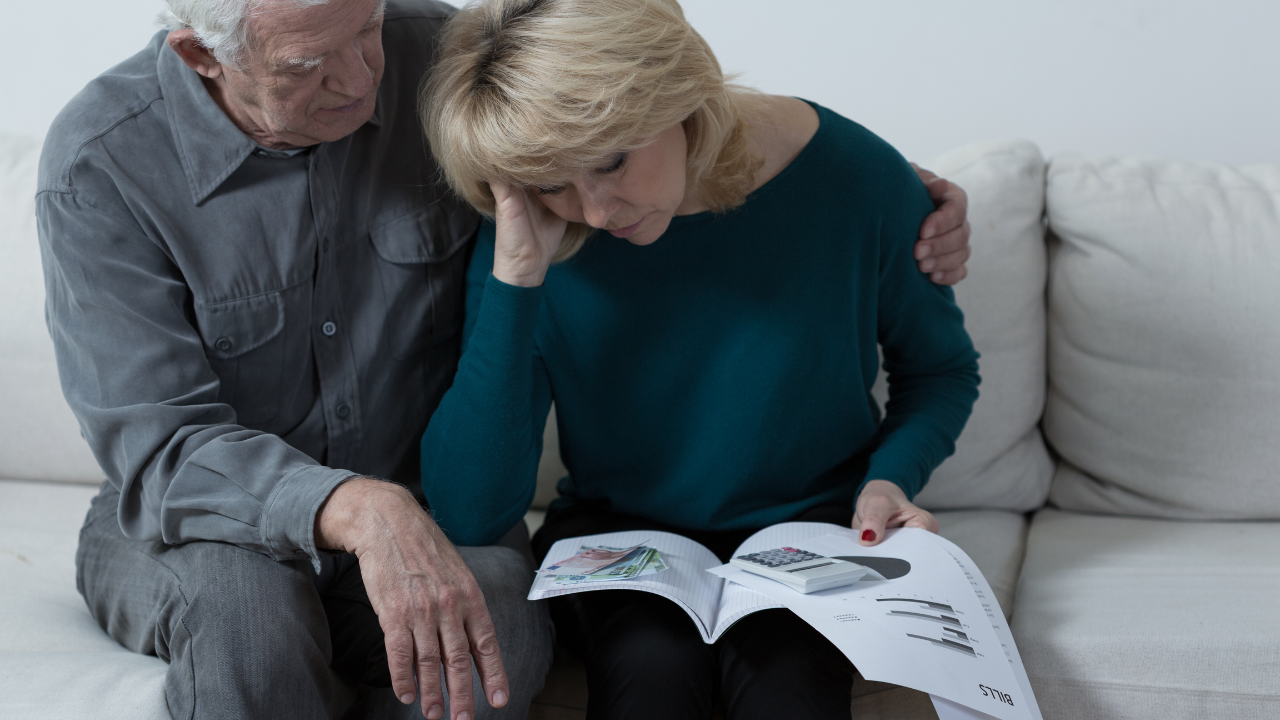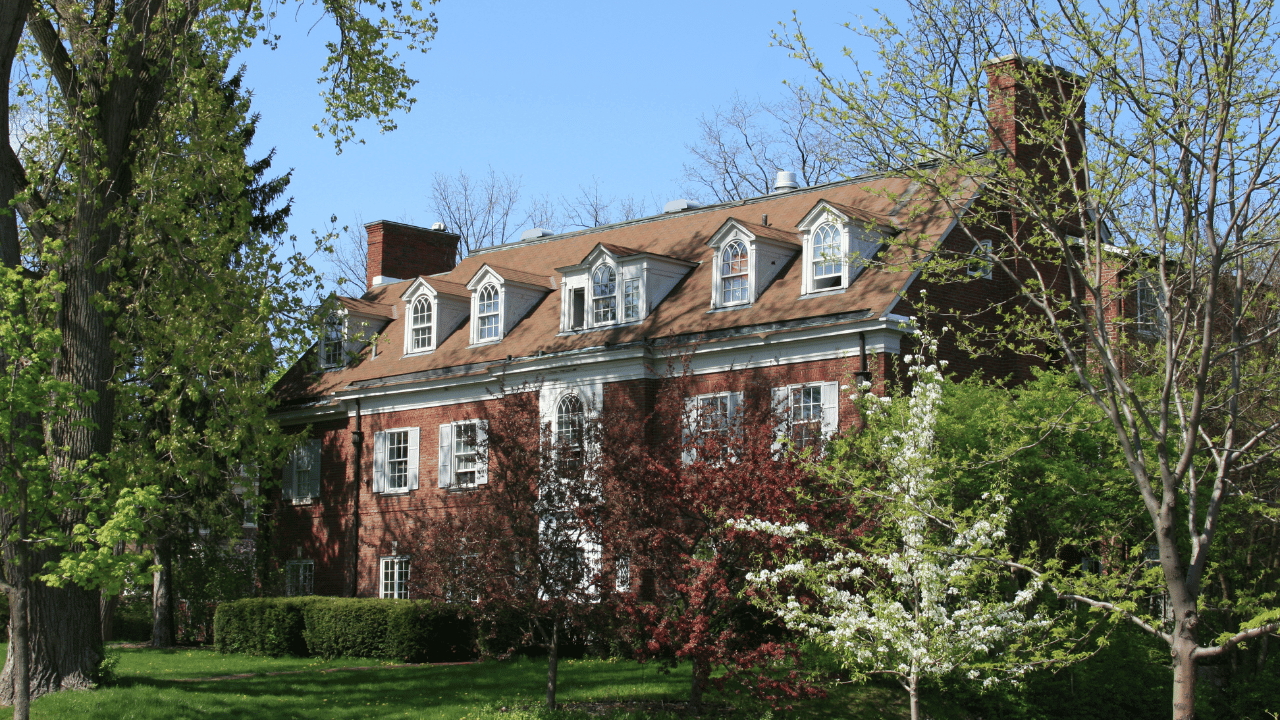Avoiding Medicaid Estate Recovery In Michigan
Jun 20, 2023
Elder law attorney Nicole Wipp and the Family & Aging Law Center, as experienced Medicaid planning advisors, can best help you determine how the rules apply to your specific circumstances in Michigan. Before we get into the specifics as it applies to your situation, however, it's a good idea to familiarize yourself with the general federal guidelines for Medicaid qualification that apply everywhere. This article is not legal advice; rather, it is for general informational purposes only.
What Is Medicaid Estate Recovery?
Medicaid estate recovery is the process of the state trying to get repaid for expenses incurred due to the need for long-term care.
Estate recovery only happens if an individual over 55 received long-term care Medicaid benefits, is now deceased, and has a probate estate.
Who Can Make a Claim, And For What, Exactly?
Medicaid Benefits Paid To A Medicaid Recipient
The Medicaid Estate Recovery Program is administered and operated by the Mass Torts and Probate Unit of the Third Party Liability Division of the Michigan Department of Health and Human Services (DHHS).
Through this governmental unit, claims for recovery may be asserted in a probate proceeding for all expenses paid on behalf of Medicaid recipients benefits provided to them in a nursing home, community based services through MI Choice Waiver, the Program of All-Inclusive Care for the Elderly (PACE), Adult Home Help Services and Home Help programs, and expenses related to Medicaid-covered hospital services.
What this means is, the government is allowed to "take back" as much money as they can prove they paid out for a person that received Medicaid services in a probate proceeding.
Is The Medicaid Estate Recovery Program New?
"I haven't ever heard of it before."
I commonly have clients ask me this question for a good reason. Although the program is nationwide (it is required under federal, not state, law), Michigan was the last state to adopt a law in 2007 and didn't implement it until 2011.
This is a relatively short amount of time in the world of estate planning and probate. Attorneys are still figuring it out over a decade later! So it isn't surprising that you haven't heard of it before, especially if you did your estate planning quite some time ago.
 Death of a family member with a surviving spouse.
Death of a family member with a surviving spouse.
The Estate Recovery Process Begins At Death
What happens to a Medicaid recipient's estate when he or she passes away? Like so much else, that depends on whether they have adequately planned to protect it. And when it comes to estate recovery, adequate planning means avoiding probate.
When a Medicaid recipient dies, Michigan can (and will!) attempt to recover the benefits paid to that individual from his or her estate. In fact, this is a requirement under federal Medicaid law. However, the state cannot proceed with this recovery process on the homestead if any of the following applies:
-
if the recipient as surviving spouse
-
if the recipient has a child under age 21
-
if the recipient has a child who is blind or disabled
Some states have expanded the scope of assets from which they can recover the cost of a Medicaid recipient's care. While Michigan has not followed this trend, you cannot assume that it won't.
In our experience, the state can and will expand any recovery it can find. That's why you need to be thinking ahead!
Trusts are often used to protect your assets both during your life and after your death. A qualified Medicaid Planning Attorney can advise you on the many types of trusts available.
 medicaid recipient
medicaid recipient
How Does Medicaid Estate Recovery Work?
When a person passes away, their Personal Representative (what you may think of as an "Executor" of the will) pays off any debt in a probate estate before the heirs can receive the remaining balance.
Estates typically contain financial assets including homes, vehicles, savings accounts, and retirement accounts. All of equity interest on these assets can be used to pay off debt.
However, the government cannot take the assets of a person who doesn't have probate assets and cannot request restitution from the heirs of the deceased. Additionally, the spouse of a deceased Medicaid recipient is protected in their home.
 nursing home
nursing home
Gifting The Home During Life To Avoid Medicaid Estate Recovery: A Huge Mistake
Gifting your home or other assets during life to avoid Medicaid estate recovery may seem like a smart move, but it can be a huge mistake and end up costing you dearly. Penalties under Medicaid rules are severe for giving away assets and could greatly outweigh any potential benefits. It’s important to take the right steps in order to ensure that you are gifting your assets legally and not incurring any unnecessary penalties.
A great option is to use an irrevocable trust with language specifically designed for protecting assets from Medicaid estate recovery programs. Many states actually have laws that protect trusts from being subject to these types of recoveries if crafted properly by an experienced attorney. In addition, there may also be eligibility requirements that need to be met in order for this type of trust-based protection to be effective.
How Can I Protect My Home?
States can place a lien on an unmarried Medicaid recipient’s home, unless certain dependent relatives live on the premises or the state permits a “Homestead Exemption”.
In Michigan, when an unmarried person receives Medicaid, the state currently does not usually place a lien on their home. However, this could change at any time. It’s important to have an understanding of how this situation may affect the recipient and a plan to avoid potential estate recovery laws that come into effect upon death.
The good news is that there are strategic planning techniques that can be implemented while the Medicaid recipient is still living. This includes carefully considering any sale of the property as doing so could result in excessive assets and a loss of Medicaid coverage.
For more information on these strategies and their implications, it’s best to consult with a qualified Medicaid planning advisor who has experience in this area.
 Thinking about long term care with nursing facility services.
Thinking about long term care with nursing facility services.
Avoiding Medicaid Estate Recovery Is A Growing Concern
Approximately 80 percent of Americans over age 65 need, or will need long-term care.
Although many people still don't know about this issue, even those that do still have avoided implementing any plans. When health emergencies that result in the need for both long term care costs in-term care occur, this lack of planning often haunts them.
When a loved one needs skilled nursing care, the nursing home is often the only option. This is because the high costs of care are often not covered by insurance or Medicare, and also not covered in places like independent living, an assisted living facility, or foster care facilities.
Long-term care in a nursing home is often the right choice in those situations because Medicaid is available.
The problem? Most Medicaid recipients and their family members aren't thinking about what comes after the nursing home.
That's when estate recovery comes into play, and why it is essential to keep this in mind when doing any type of estate planning with elder law attorneys or estate planning attorneys.
 avoid estate recovery
avoid estate recovery
Questions About Avoiding Medicaid Estate Recovery? We Can Help!
Nicole Wipp is an experienced elder law attorney that can answer all your questions about Medicaid estate recovery, estate planning, elder law, and more. Contact us today with your questions!
